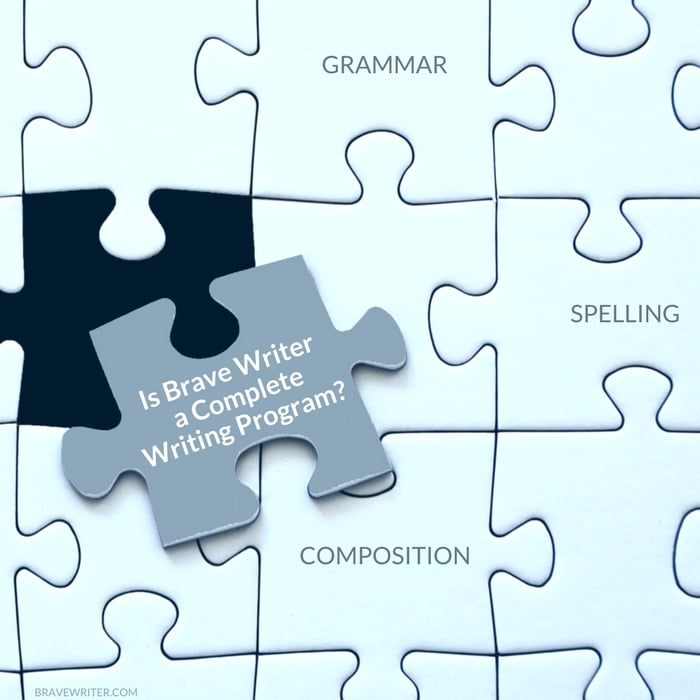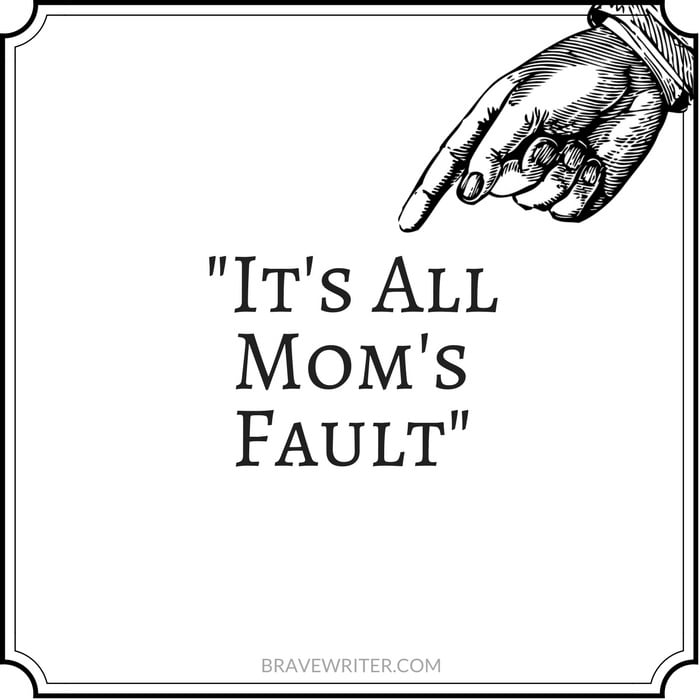
Captain Jack Sparrow arrives in Port Royal with nothing but the clothes on his back and a legendary reputation. He’s hoping to commandeer a ship, but when he saves the life of Elizabeth, the Governor’s daughter, he’s imprisoned and sentenced to death. But more pirates attack Port Royal that night—the cursed crew of a mysterious ship called The Black Pearl!
Pirates! Three hundred years ago they were the terror of the waves. To most westerners these days, pirates are the terror of the big screen where they entertain audiences worldwide.
[This post contains Amazon affiliate links. When you click on those links to make purchases,
Brave Writer receives compensation at no extra cost to you. Thank you!]
The Pirates of the Caribbean film series is one of the most successful in history, and it’s somewhat unique in that it’s based on previously existing material, but the source material is not a book or a comic. Pirates of the Caribbean began as a theme park ride. It was the last attraction to be overseen by Walt Disney himself and opened in 1967 at Disneyland. The movie does, however, have a junior novelization…which, I suppose, would be an adaptation of an adaptation of a theme park? Argh, my head hurts!
The Curse of the Black Pearl is a marvelous swashbuckling adventure for the whole family. Give it a go!
Discussion Questions
- Captain Jack is a classic antihero, a main character who lacks traditionally heroic characteristics. Do you still root for him or do you think he deserves to face justice? Explain your answer.
- Which characters change most throughout the story? Give examples.
- Captain Jack says that Will’s father was “a pirate and a good man.” Do you think that’s possible? What does it mean to be a good man?
- Which genre would you class the film as? Adventure? Fantasy? Neither? Both? Share your reasons.
Additional Resources
Pirate Birthday Party – How to create a pirate party for kids with recycled materials.
The Great Illustrated Encyclopedia – Life aboard a pirate ship.
Goodreads – Books about pirates.























